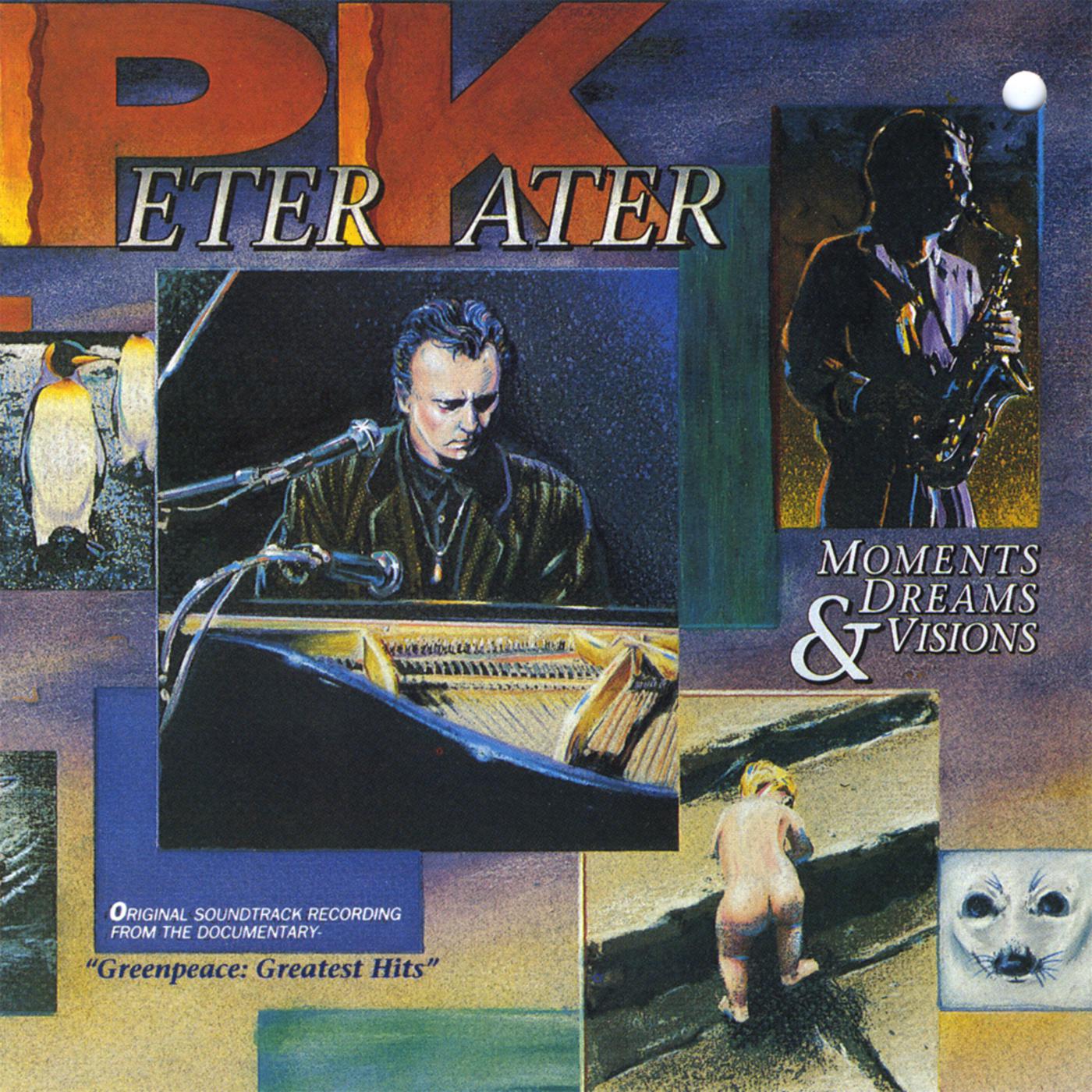Exploring the Complex Themes of Peter von Kant: A Deep Dive into the Cinematic Masterpiece
Peter von Kant, a film directed by François Ozon, is a contemporary reimagining of Rainer Werner Fassbinder's classic work, "The Bitter Tears of Petra von K……
Peter von Kant, a film directed by François Ozon, is a contemporary reimagining of Rainer Werner Fassbinder's classic work, "The Bitter Tears of Petra von Kant." This film delves into the intricate dynamics of love, desire, and power, set against the backdrop of a 1970s aesthetic. The narrative centers around Peter, a successful filmmaker, who becomes infatuated with a young model named Amir. Their relationship unfolds in a whirlwind of passion, jealousy, and emotional turmoil, showcasing the complexities of human connections.
The film's protagonist, Peter, is portrayed as a deeply flawed character whose artistic genius is matched only by his emotional vulnerability. As viewers, we are drawn into his world, where the lines between affection and obsession blur. Ozon masterfully captures the essence of Peter's character, inviting us to explore the depths of his psyche. The film's rich visual style, combined with its poignant dialogue, creates an immersive experience that resonates with audiences on multiple levels.

One of the central themes of Peter von Kant is the exploration of identity and self-perception. Peter's interactions with Amir challenge him to confront his own insecurities and desires. The film raises questions about the nature of love and the sacrifices we make for it. As Peter navigates his tumultuous relationship, we witness his transformation, which is both captivating and heartbreaking. Ozon's direction allows us to empathize with Peter, even as we grapple with his more unsavory traits.
Additionally, the film serves as a commentary on the creative process and the toll it takes on personal relationships. Peter's dedication to his art often comes at the expense of his emotional well-being and his connections with others. This theme resonates with many artists and creatives who struggle to balance their passions with their personal lives. Ozon's portrayal of Peter's artistic journey is both inspiring and cautionary, reminding us of the sacrifices inherent in the pursuit of greatness.

The cinematography in Peter von Kant is another standout element. The film employs a vibrant color palette and striking compositions that enhance the emotional weight of the story. Each frame is meticulously crafted, drawing the viewer into Peter's world and reflecting his internal struggles. The use of lighting and shadow adds depth to the narrative, emphasizing the contrasts between love and loneliness, joy and despair.
In conclusion, Peter von Kant is a compelling exploration of love, identity, and the creative spirit. François Ozon's adaptation pays homage to Fassbinder while also carving out its own unique narrative. Through the lens of Peter's tumultuous journey, we are invited to reflect on our own relationships and the complexities of human emotion. This film is not only a visual feast but also a thought-provoking examination of the ties that bind us, making it a must-see for anyone interested in the intricacies of love and art.
